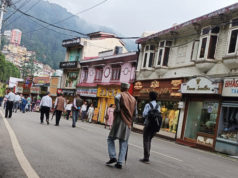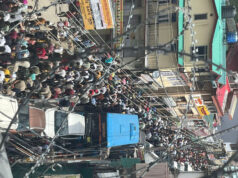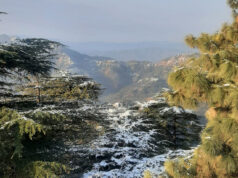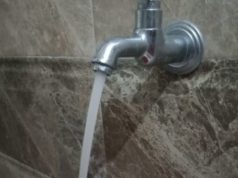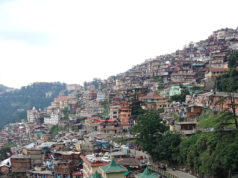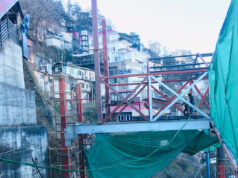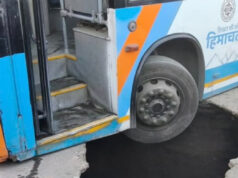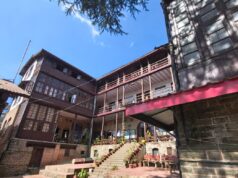Shimla – Amid escalating temperatures, residents of Shimla have started facing a water crisis. The city’s water supply company has announced a new rationing schedule, reducing the distribution to five days a week. This comes as a stark contrast to their previous commitment of providing water six days a week.
The decision to cut back the water supply stems from a significant drop in water levels at Shimla’s drinking water projects. AGM PP Sharma of the water company confirmed the new schedule, which has already been implemented. “Efforts are being made to ensure water distribution adheres to this revised timetable,” Sharma stated.
To mitigate the shortage, water tankers have been deployed across the city. On Wednesday afternoon, tankers delivered much-needed water to several locations, including DAV Lakkad Bazar, Krishnanagar, Lalpani School, and Rashtrapati Niwas Chharabra.
The impact of the heatwave is not limited to the city alone; various panchayats, adjoining to Shimla city, are also suffering. For several days, many areas in the city have experienced disrupted water supply. While Sanjauli continues to receive daily water, other wards such as Patyog, Bharari, Tutu, and Bhattakufar Lower Dhali are receiving water every third day.
In the panchayati areas, the situation is even more dire. Residents are getting water just once a week, forcing them to rely on natural sources. Currently, Shimla city is receiving 42.11 million liters per day (MLD) from all drinking water projects, yet many wards still receive water only every third day.
Officials from the Shimla Water Management Corporation warn that the water level might decrease further if the heat persists without rain. Key drinking water projects, including Churat and Koti Brandi, are already experiencing a decline in water levels. These projects are crucial for supplying water to the panchayat areas.
In response to the crisis, the Chhaba Drinking Water Project has been placed on emergency status. The company assures residents that there is no need to panic. Should the water levels drop further, both the Chaba and Sayog Drinking Water Projects will be activated to supply the entire city.


